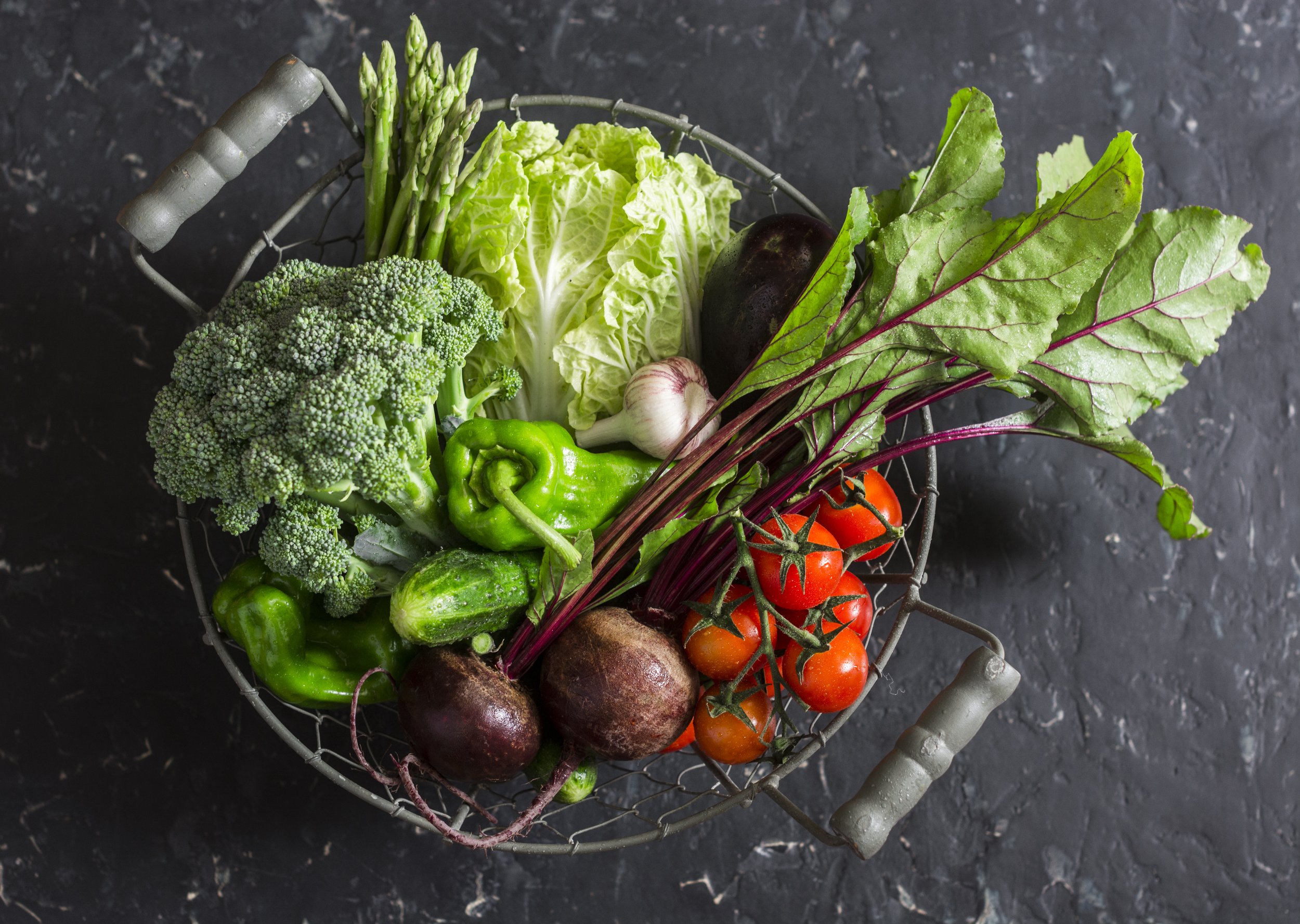While I don’t think it’s some big secret that weight lifting is beneficial for your health, your bones, your aging body, and can help maintain muscle as we age, I do believe that there are many folks out there who are just not incorporating it into their daily lives.
I work predominantly with women and know first-hand how important it is to them to continue to feel beautiful, powerful, radiant, and resilient, while aging.
As we all know, or continue to learn, beauty isn’t only about esthetics. Beauty, as we come to know more expansively as we age, is all encompassing in heart, mind, spirit, is embedded in how we behave, how we parent, how we show up as a human, and how we share our gifts with the world. And it also has an esthetic quality to it that we cannot ignore or deny, and is not wrong.
How we maintain our bodies, our health, our diet, our lifestyle, is infinitely indicative of our care for the self. Whether our motivation is purely esthetic or not, how we look after, protect, and nurture our bodies, dictates how well we will age. Period.
One of the most powerful ways we can age with resilience and beauty is to stay physically active.
As my work as a Nutritionist and a Health Advocate evolves and matures, I have gradually progressed towards encouraging “movement” as opposed to “exercise” simply because there is a bit of stigma attached to the wording. Movement can look like anything that brings exertion to the body, not matter how subtle, and promotes physical activity of any kind. I love this approach because it’s more all encompassing and inclusive for the folks out there who haven’t been very drawn to sports. It ALL counts and any and all movement is beneficial if it's a reasonable amount and is done for the right reasons.
But I want to talk specifically here about weight lifting because it is SO important physiologically and psychologically for us aging North Americans and especially for women.
“The average 30-year-old will lose about a quarter of his or her muscle strength by age 70 and half of it by age 90. “Just doing aerobic exercise is not adequate,” says Dr. Robert Schreiber, physician-in-chief at Hebrew SeniorLife and an instructor in medicine at Harvard Medical School. “Unless you are doing strength training, you will become weaker and less functional.””
Because many of us are not hiking miles daily for water, hunting our own food, or building our own houses, we need to find doable ways to integrate regular exercise that challenges the muscles in both strength and resistance.
The easiest way to do this is with weights.
Physical Health Benefits:
Improved muscle strength and tone – to protect your joints from injury
Maintaining flexibility and balance, which can help you remain independent as you age.
Weight management and increased muscle-to-fat ratio – as you gain muscle, you can increase metabolic rhythm and balance
Greater stamina and endurance, decreased fatigue
Prevention and maintained control of degenerative diseases
Pain management
Improved mobility, balance, and posture
Decreased risk of injury
Increased bone density and strength and reduced risk of osteoporosis
Enhanced performance of everyday tasks
Mental Health Benefits:
May help reduce or prevent cognitive decline in older people
Improved sense of wellbeing
Improved mood
Improved sleep
Improved self-confidence
Improved body image
Increased self-esteem
“When you do resistance or strength training, very important chains of molecules that relay signals between cells are affected, and these changes linger in the body for hours after exercise, building up a cumulative, positive effect. Even a low-intensity strength and walking program has substantial benefits.”
Why Weight Lifting is a Multi-Faceted Approach to Health for Women
PHYSICAL WELLNESS - Physical movement, period, contributes to improved overall wellness. Cardiovascular training alongside resistance and strength training, is a powerful and effective way to support overall health. Movement of any kind can improve all bodily system functions, from organ function, to clearing toxic waste, to digestion, cardiovascular function, and ability to fight infection. The act of maintaining strong muscles, as we age, supports better resilience, recovery, and ability to continue to be physically active long-term.
STRENGTH - Ingrained in our culture and our genetic makeup are generations of Women feeling weak, incapable, not worthy-enough, and generally, over-powered by the repressions of society. Building strength in the body, physically AND mentally, can help to reprogram generations of thinking, model different female associations for future generations, and heal old wounds around repression, abuse, and neglect.
LONGEVITY - Regular strength training & weight lifting promotes muscle building, improves balance, and promotes better recovery post-injury or surgery. How strong the body is, both physically AND mentally, will affect how well the body recovers, sleeps, maintains good blood flow and circulation, detoxifies, and how well it handles stress and immune system challenges. We can increase our overall longevity by maintaining a good physical regime, preventing injury, degenerative disease formation & progression, and through supporting good mental health.
SELF-ESTEEM - I can’t yell this out loud enough to all the women out there without a regular strength building regime! Building a strong body will directly affect your self-esteem and self-confidence. If your body is strong, you will feel stronger in mind, heart, soul, and resilience. You do not need to be a bodybuilder or lift heavy weights or do intensive exercise, ANY form of strength building will support your progression with building better self-esteem. Further, this is a great addition to any confidence building teaching we are instilling in our kids as well.
BODY IMAGE HEALING - Issues with negative body image revolve around a disconnection with the self, personal definition and identification. ANY PRACTICE that encourages the individual to be present in their body, connected with their self, and empowered in their strengths and uniqueness, will promote body image healing. Strengthening the physical body can be a powerful addition to any recovery or healing process. Embodiment practices are a key, foundational part of rebuilding a sense of self that is empowered, confident, and comfortable, and weight lifting can be a great embodiment practice for anyone hoping to reconnect with their self and build positive body image.
If I’ve peaked your interest and inspired you towards better health and a different kind of movement regime, have a look at my upcoming Perimeno Plan Group Program this October!
May you age gracefully, powerfully, and with the confidence to challenge anything that comes your way!
Cindy ♡
Resources:
https://www.betterhealth.vic.gov.au/health/healthyliving/resistance-training-health-benefits
https://www.nia.nih.gov/news/how-can-strength-training-build-healthier-bodies-we-age#:~:text=%E2%80%9CResistance%20training%20is%20the%20most,relative%20sarcopenia%20is%20improved%20significantly.
https://www.health.harvard.edu/staying-healthy/want-to-live-longer-and-better-do-strength-training













